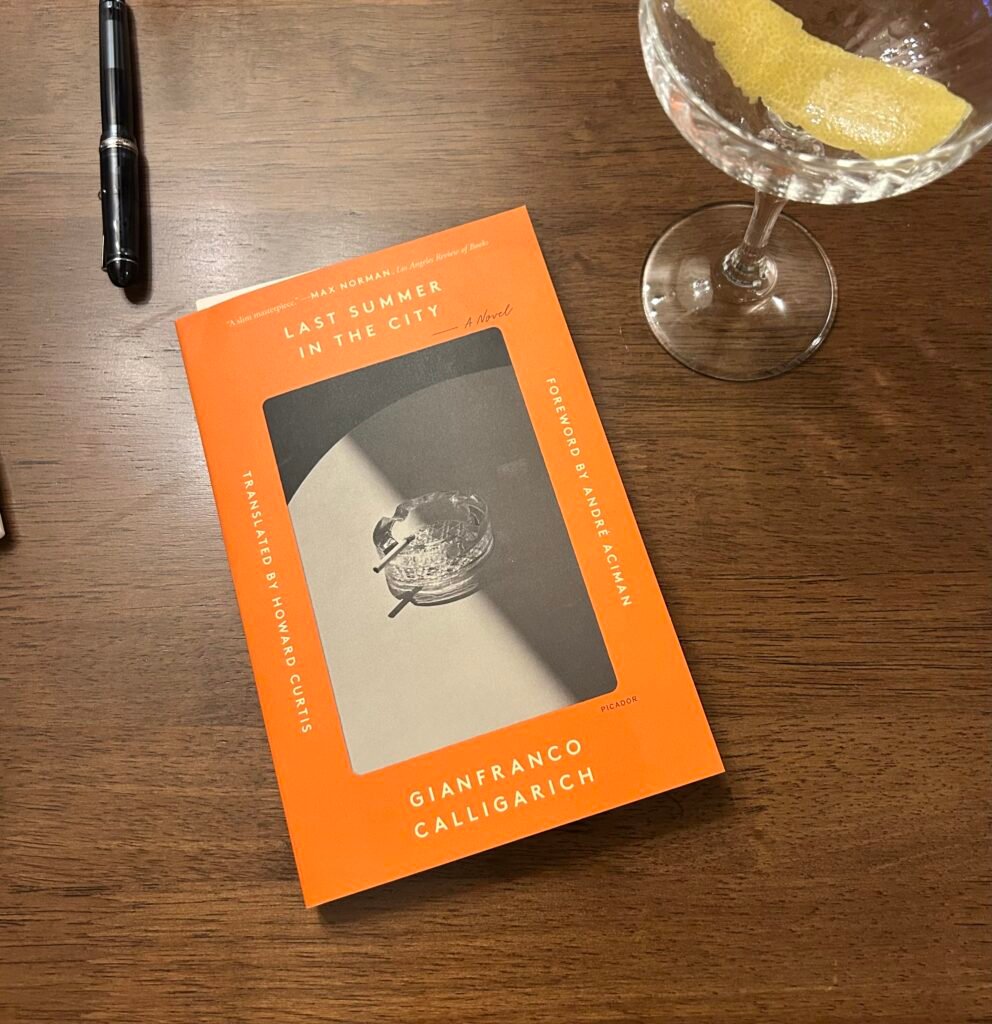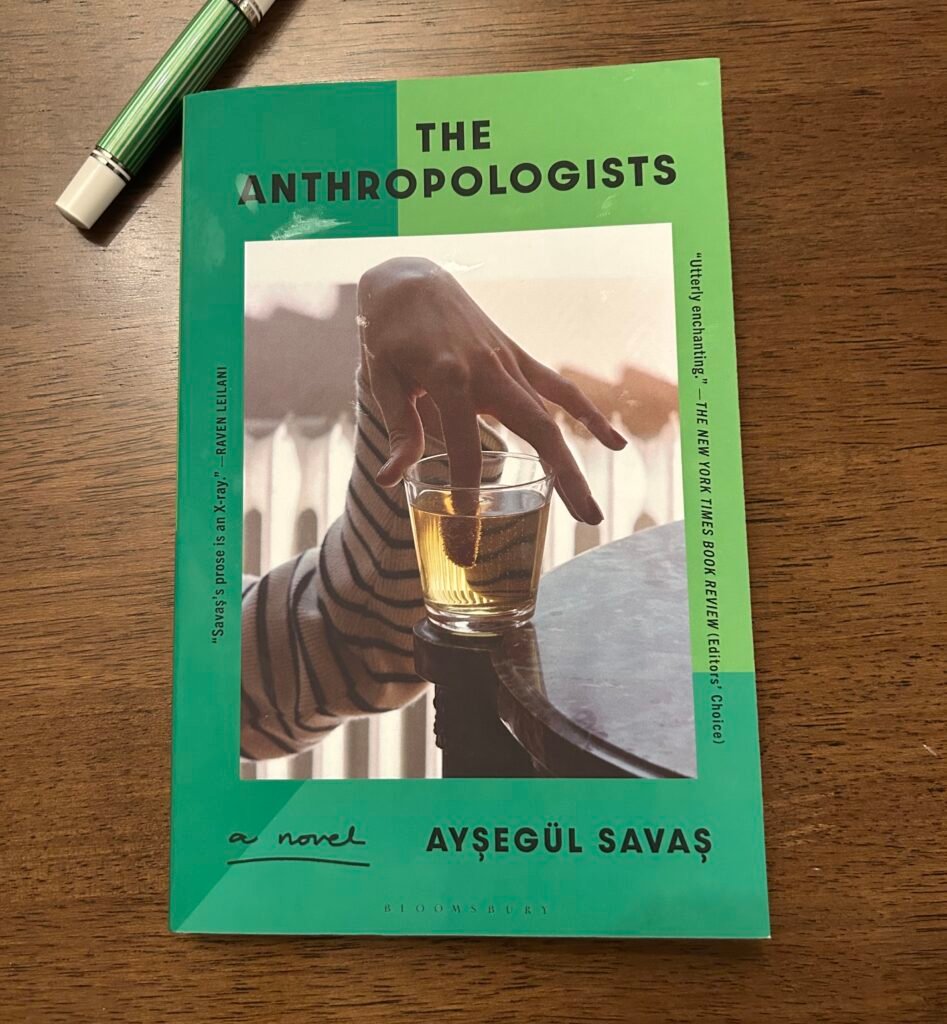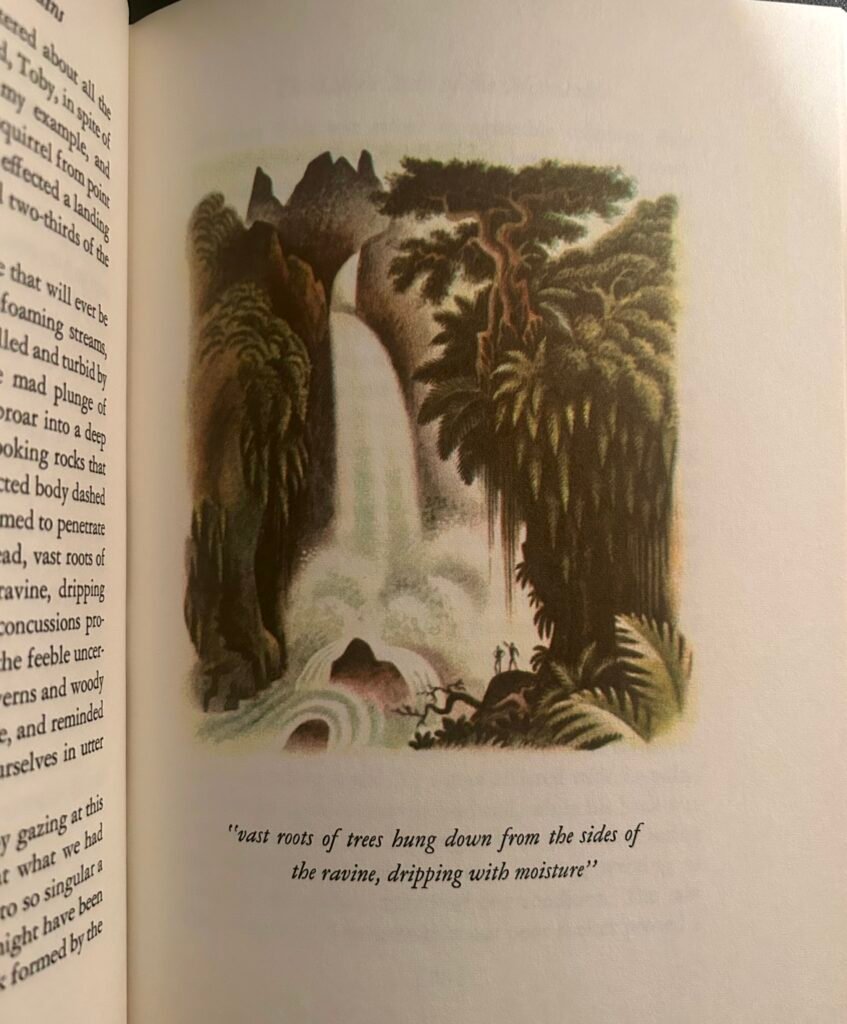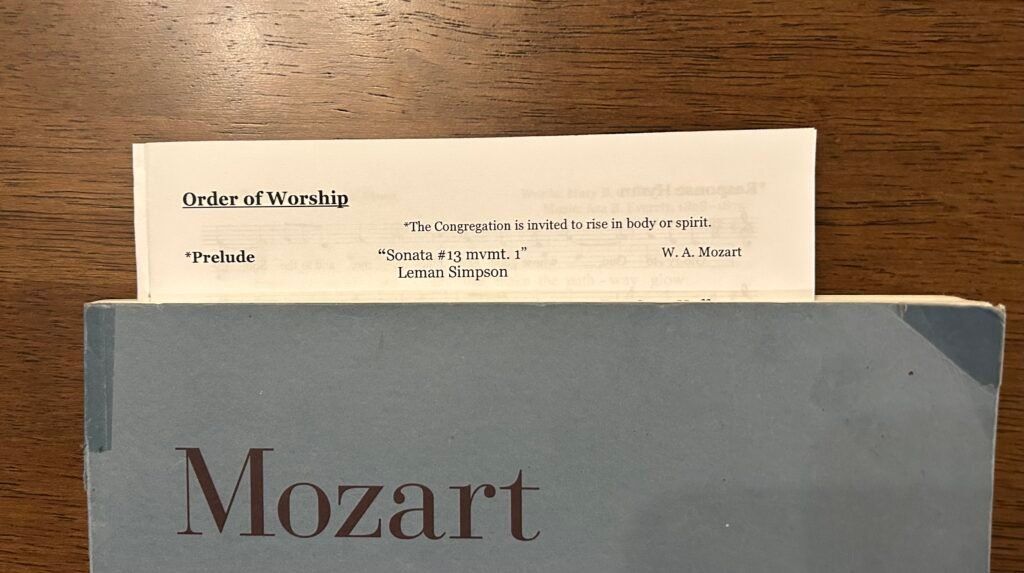Another dough that was a little too slack though not quite as over-fermented as last week. The starter was fed with only whole wheat this week before refilling my container with white bread four. Did that make a difference? Maybe–

Another dough that was a little too slack though not quite as over-fermented as last week. The starter was fed with only whole wheat this week before refilling my container with white bread four. Did that make a difference? Maybe–


A little over-hydrated, over-fermented, and under-tensioned. Far from the prettiest loaf but always one of the better to eat!

The weather has cooled off enough that a couple hours with a hot oven doesn’t feel too bad. And my starter has been revived from a few months of slumber (although it’s still a bit slow going). Back to the standard recipe of ~1/3 whole wheat and the rest white. A slow fermentation that got a little carried away in the last half hour but with enough left to give a decent spring.

Leo is at the end of his tether, as we hear plenty of times. He moved to Rome to get away from his father who had returned from The War broken. He has little plan other than writing but can’t seem to settle down into marriage and an office job like his siblings.
We meet up with Leo at the end of his tether, financially. It’s no surprise given he hardly shows up to work (and always hungover in the middle of the afternoon). But crashing a friend’s house party when he has nothing to eat leads to a relationship with an architecture student, Arianna, who recently left a psychiatric hospital. Things go well (relative) until summer hits and all of his rich friends leave the city. Everything unravels, and comes back, and unravels, until he has to leave the city as everyone else does.
This is a heft novel that barely makes it past 150 pages. A lot happens (well not much actually happens, but things are rapidly changing) and no words are wasted. The writing moves between elegies towards the city and humor. It feels like a lot of other novels about lost men living a bit irresponsibly (Gatsby, The Sun Also Rises, The Stranger?). “Last Summer in the City” is absolutely deserving of its cult classic status.

Remembering a college lecture on how outside anthropologists would look at many of our day-to-day activities as rituals, Asya looks to build rituals as she’s settling into city life.
This short novel plays out in a series of short moments as she films a documentary in a local park, searches for an apartment, deals with pressure to start a family, handles friendships, and navigates aging relatives living in other countries.
This is a quiet and subtle novel and most parts feel like they’re being recounted later or seen from some distance (as a film?). Yet this doesn’t detract or downplay the joys and struggles and uncomfortable situations are not spared (but also not dwelled upon). Mostly, this is a novel focusing on very mundane aspects of life but it succeeds in showing the ritual.
(And what a great cover with the Torbjørn Rødland photograph!)
I like Rachel Cusk’s writing. I loved “Outline.” So I picked up “Parade” once it came out in paperback with some apprehension as the premise was a bit odd (no characters, just a mix of artists all named “G” that vary in age, artistic medium, and gender) and the reviews seemed mixed. I think this one needs another read through because I enjoyed parts of it (especially the second half) but feel like I missed a lot because I didn’t really know what was going on a lot of the time.
“Winesburg, Ohio” is what I’ve said is my favorite book and yet I’ve only read it once (and it’s probably been overtaken by Szabo’s “The Door”). I recently picked up a very nice Franklin Press edition of this book (not a novel, arguably) and decided to give it a second read.
I went a little too fast and didn’t quite give it the time that it takes. This is a collection of stories about characters from a small fictional town before the American industrial revolution and not nlong after the Civil War. But there’s also some level of narrative as it follows George Willard through his early adulthood and as he moves away from Winesburg (probably Clyde, Ohio).
But in any case, this is a great work as it captures both a certain loneliness and inescapably togetherness of small town life. While it’s often called outdated, the characters and experiences, on some level, still capture the essence of small, rural towns.
For some reason I’d only previously read “The Old Man and the Sea” (twice) which I never loved. I picked up a Hemingway collection (4 novels, $15!) and started on “The Sun Also Rises” because it’s relatively short, and about bullfighting, and because of Joan Didion’s writing.
I’m not sure why Hemingway has gotten such a bad reputation recently. Well, maybe I do. His topics are very masculine. The characters struggles are often very masculine. The lifestyles are extravagant and self-aggrandizing since they’re ~related to his own experiences. The experiences are very outward in ways that we don’t need described in the age of wikipedia. The characters are awful. The dialogue is hard to follow. The prose can feel almost childishly simple. Not much happens besides gossip, drinking, and trouncing around Europe. The jokes are crude and many feel a little worse in light of a certain European event in the ensuing decades.
But also it just still feels fresh. Compared to other books written around this time (and many written after), it reads like something written recently. The writing never gives too much or tries too hard in description. It conveys moods and emotions while never having to describe them. The writing gets out of the way without much sacrifice. Hemingway’s influence on American writing becomes quite clear when reading his work next to others written in a similar time period (far from Sinclair Lewis).
This makes me want to read more Hemingway. I just picked up “A Movable Feast”…

Who should write the book about being online? I guess an Instagram meme-maker/friend of the band/influencer. But I bought the book because of the front cover blurb so I guess I was influenced.
This is an essay collection very much in the Joan Didion sense–largely a description of living through certain eras or events shown through a loosely related narrative with nearly invisible conclusions and value judgements. These essays cover early internet chatrooms and the process of trying to manage both an online and “real life” persona, becoming an influencer and attending influencer-only events, online dating/dating people who are very much online, a digital detox in a monastery, polyamorous/ENM relationships, and environmental dread.
As with any essay collection, a couple fell flat for me (maybe just not terribly relatable for me?), a couple were okay, but about half of the book was very good. Many of the essays do a. wonderful job of describing both the overwhelming amount of content but also the near impossibility of escaping a world that is increasingly online. This work covers the awkwardness of being and interacting with influencers along with both the dehumanizing aspects of online life (monetizing social media, dating apps, etc.). But also provides humanity to the weirdness of social media (needing to monetize social media, finding love on dating apps, etc.). There’s an acute feeling of not really liking the way things are going but also not really knowing what/how to change things.
My favorite: “In Real Life”

This book (loosely) follows Melville’s own voyage to the South Pacific where he abandoned ship at Nuku Hiva and lived on the island for a period of time. It was a popular piece of writing during Melville’s life).
Much of the writing focuses on expectations about the supposed cannibal islanders and the contrast between their lifestyle and that of America’s in ~1840. It isn’t unsympathetic towards a lifestyle that seems to consist of mostly leisure and is uncorrupted by money. The Type tribe (purported to be fierce and cannibalistic) find Tom (Melville) and Toby and take them in as guests treated luxuriously. Toby escapes but Tom is suck with an injured leg. During this time he partakes in the finest foods and comforts while remaining on edge that his hosts are cannibals.
How can this be judged? The events in the book take place after many of the initial European voyages exploring the South Pacific but slightly predate French colonialism. Many details are likely embellished or taken from the writing of other visitors and a lot of the lengthy descriptions of the island are somewhat superfluous because of photos. It remains an interesting account of early industrial society encountering the non-industrialized. It’s not unpleasant it just doesn’t fit into any modern categories or provide much to current readers besides a fun story of island exploration.

I think this is my second time playing publicly in the past five years. At one point I was playing publicly almost weekly with regular recitals. It’s a skill that I haven’t gotten to use a lot, certainly difficult switching from “practice” to “performance” (Listen to Maria João Pires play the piece here).